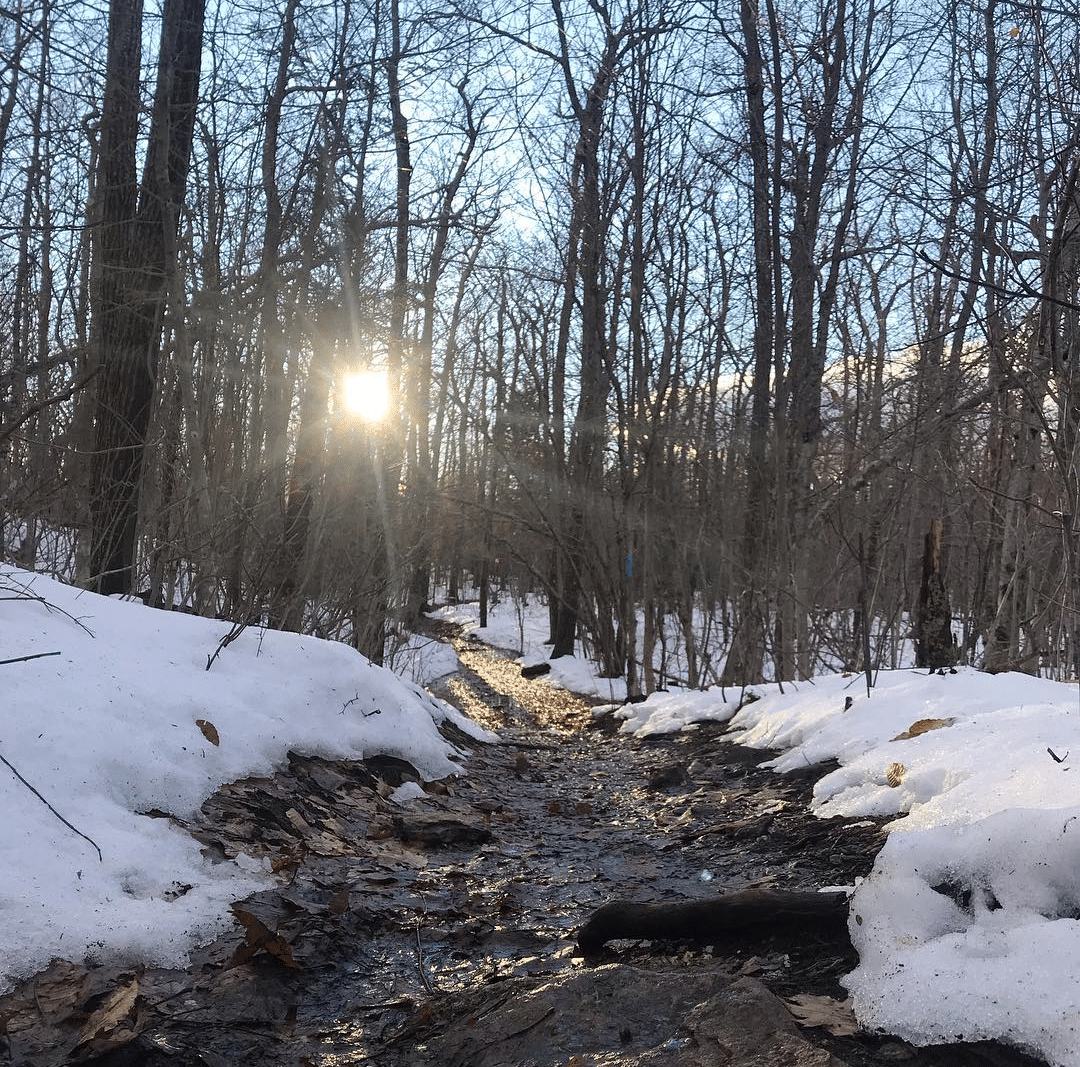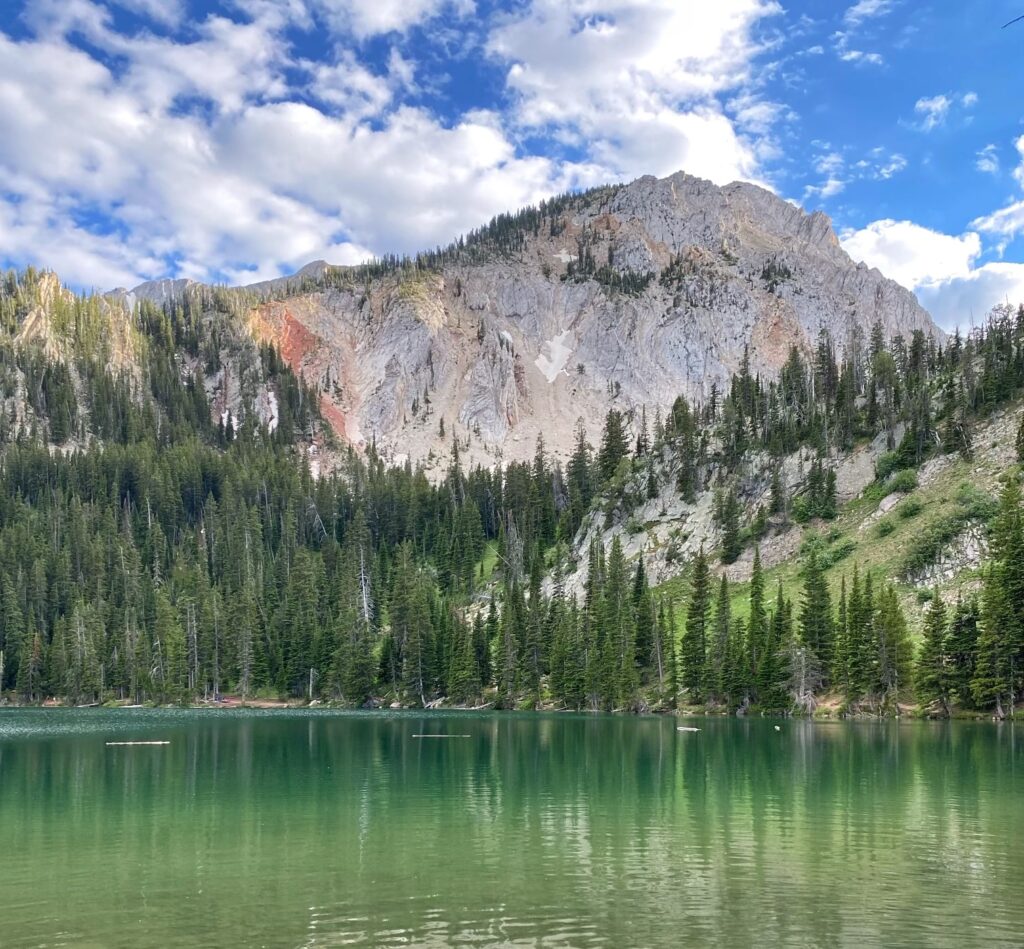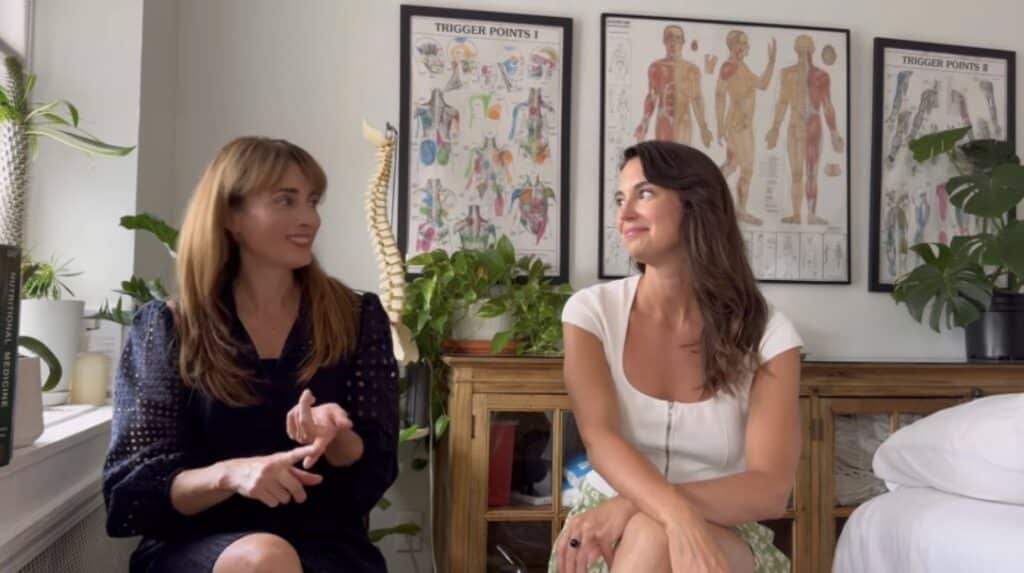Hierarchy of Needs
True Health is the Foundation
Prioritize What Matters
I’ve been watching videos of the fires in Los Angeles, and reaching out to all my friends in SoCal–Venice Beach, Malibu, people near Runyon Canyon, even DTLA–everyone is impacted in some way.
This was not the week for Maddy and I to announce some of the things we wanted to. The only thing that mattered was checking in to make sure people were safe.
In 1943, Abraham Maslow, a psychologist, created Maslow’s hierarchy of needs – a theory of psychological health and a way to prioritize human needs.
The culmination of this, of course, is self-actualization. A state of being where you have found your purpose.
Some new thinking around this pyramid of needs states that even above self-actualization is self transcendence.
This is when you start caring about the needs of society, charity, and striving for a better future.
But what I’m most interested in today is where health falls within this hierarchy of needs.
Maslow put health at level 2: safety. The same level as your shelter, resources, and ability to function in society (money, bartering).
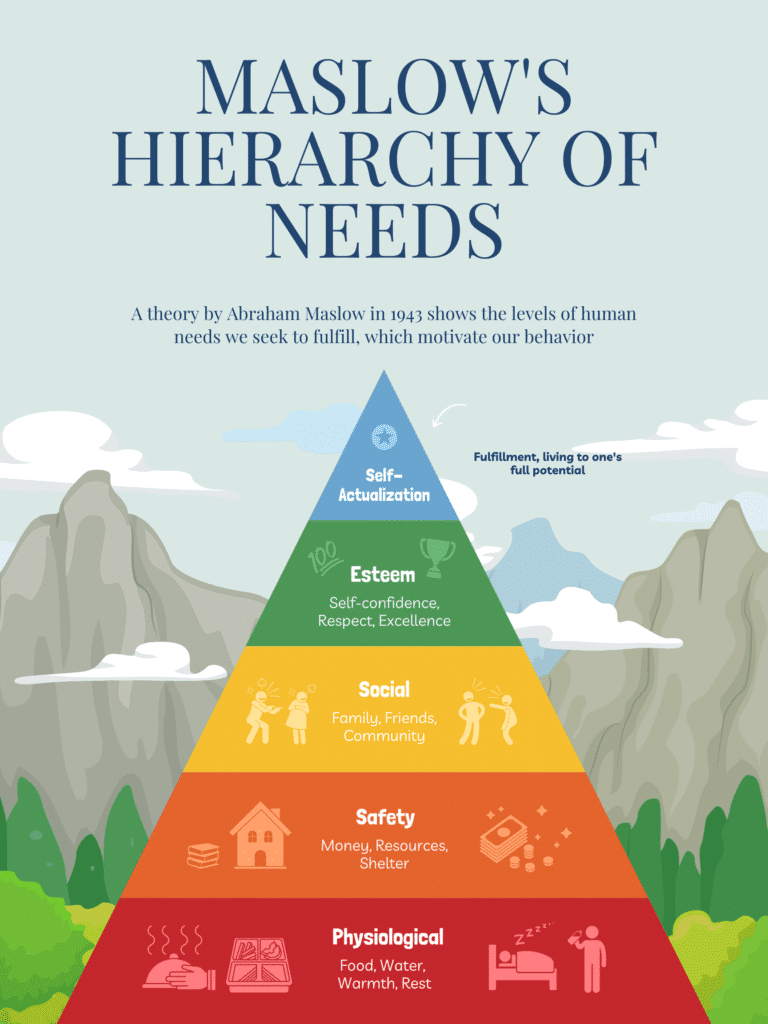
Life, Living, Survival
Human motivation is a complicated thing.
Your home.
Your health.
Without them you simply cannot feel safe.
On Maslow’s hierarchy, health comes before friends, family, and community. It comes well before work achievements and a sense of accomplishments–and its far, far before self actualization.
But that doesn’t explain why people flee their homes without food and water, carrying their kids and running out the door.
It doesn’t explain why, in times of true emergencies, everyone prioritizes the lives of those around them (including their own life).
Because you can replace a shelter, but you can’t replace a parent. Or a child. Or you.
Why is community not considered at a baseline foundation?
Is perhaps, this pyramid a beautiful but overly simplistic way to view human needs?
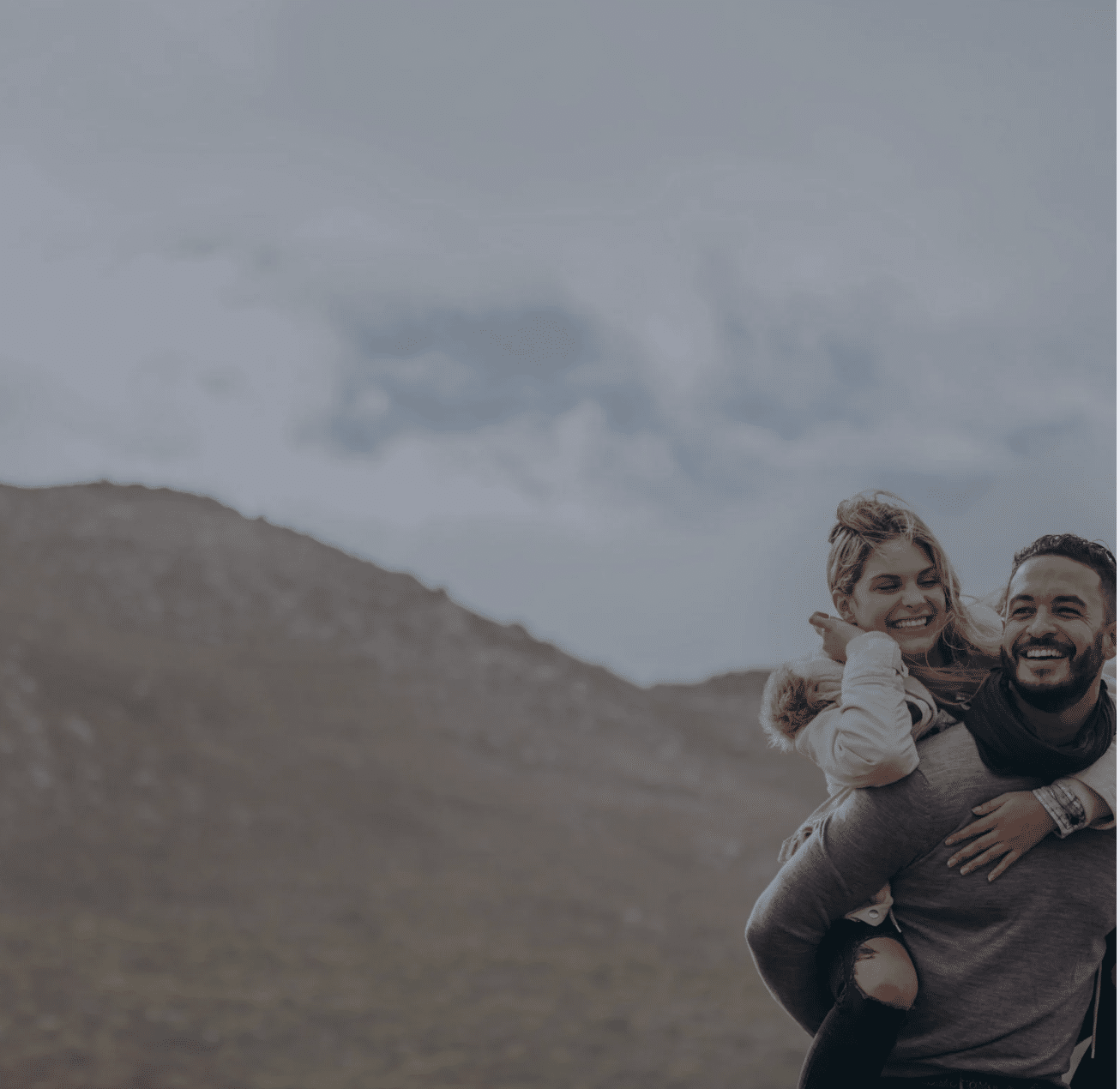
“Without establishing physical and emotional health, and understanding the depth within ourselves, the rest of needs above that either won’t be met or can only be met superficially.”
Community Strengthens Health
What is health, or your life in general, if there is nothing or nobody to live for?
I saw a video of a man watching his home burn down, and a firefighter places his cat–burned by the fire but still alive–in the mans arms. The man crumples to the ground, sobbing.
At that moment, the most important thing for that man is his cat being alive.
Our friends, families, pets–these are the things that matter. The homes we build represent so much, and they hold memories.
Research has consistently demonstrated a strong link between social relationships and both longevity and quality of life.
Blue Zones are regions where people live significantly longer and healthier lives. These areas include Okinawa (Japan), Sardinia (Italy), Nicoya (Costa Rica), Ikaria (Greece), and Loma Linda (California). A key factor contributing to the longevity and quality of life in these regions is the strong sense of community among their inhabitants.
In the Blue Zones, people maintain close-knit social networks that provide emotional support, promote healthy behaviors, and foster a sense of belonging.
Regular social interactions, shared meals, and communal activities are integral parts of daily life.
My friends in Southern California who are surrounded by their family and friends and who are connected to the community, are the ones who are able to sit with their pain.
There is strength in community.
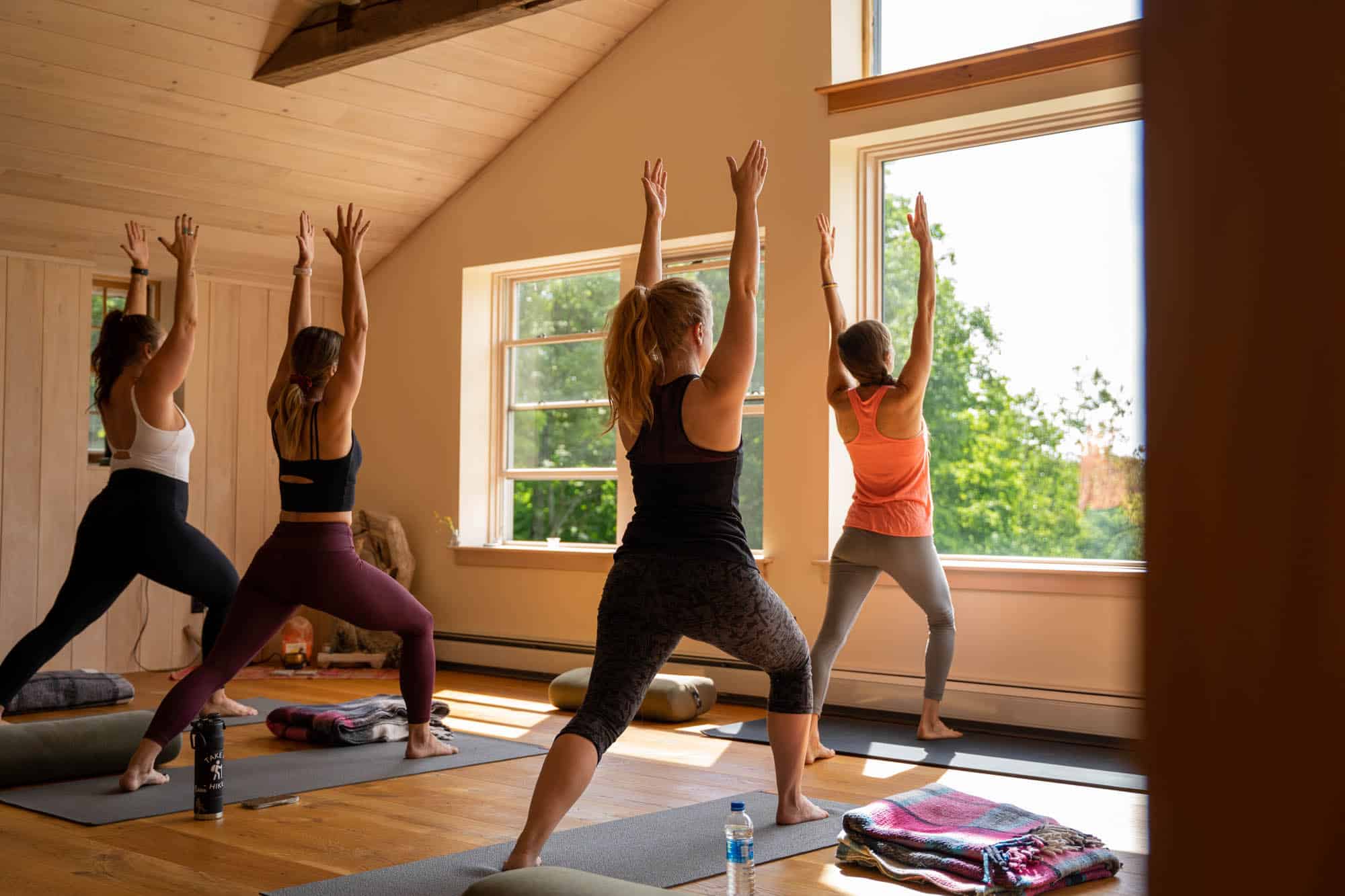
True Health
Maddy said to me the other day, “Without understanding the depth within ourselves, our needs either won’t be met or will only be met superficially.”
Understanding our depth.
We’ve tried to simplify our human natures. We either pacify ourselves with material goods, or we think life is like a ladder (or a pyramid) with levels up like a video game.
As Maddy said to me,
“When I look at that hierarchy of needs, I see a couple different issues – community isn’t considered foundational to wellbeing and we’re often overlooking the importance of personal health.”
It’s as if health and all that goes into it, is a nice to have, not a necessity.
We’ve normalized being “healthy” as lacking a health emergency, not existing in a state of wellbeing. Health, it seems, is only a concern when there’s something to react to.
When we have a health emergency, like a heart attack, or a broken bone (my toe was broken after a sleepless night and some stress, and a sense of urgency to do something that could have waited), suddenly, we are forced to react.
Or we have a crisis like a fire, and watch a home burn down. It is in these moments when we realize we require all facets of health: a healthy body, the capacity to feel exceptionally difficult emotions, and a close community to support us.
Our hierarchy of needs perhaps requires a new perspective.
When we acknowledge that our needs are more of a circle, that life ebbs and flows, and that we require health, family, community, purpose, and yes, a home and safety to thrive.
It’s all related.
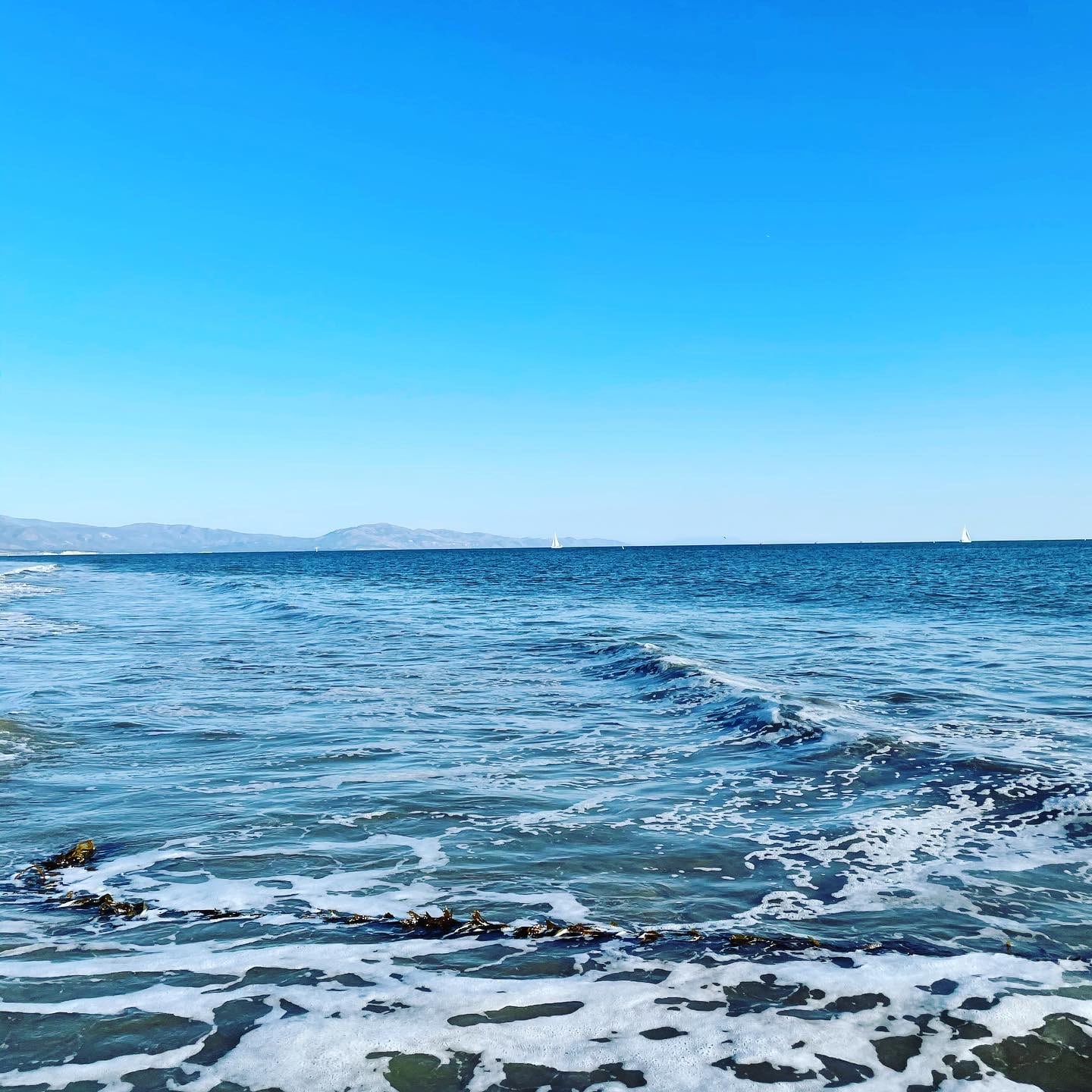
The Season of Grief
We’ve blogged before about how Winter is a time of contraction, a season to turn inward and reflect. In this season, unresolved grief may surface.
Grief in this context isn’t seen as something to avoid; it’s viewed as a necessary part of healing and renewal.
Just as nature rests in winter, so too does the body and spirit, offering a chance to reset and rebuild.
Grief upon grief, though, isn’t an easy or wanted thing.
If you’ve lost your home, and everything you’ve worked for, that grief can feel insurmountable.
In times like this, simply acknowledging the grief, honoring it, and understanding the strength that comes on the other side.
Just as the Spring will appear again, we will experience comfort and joy again.
